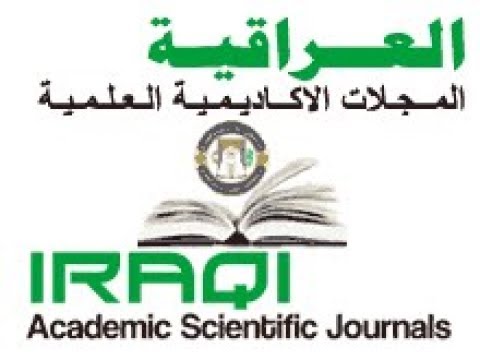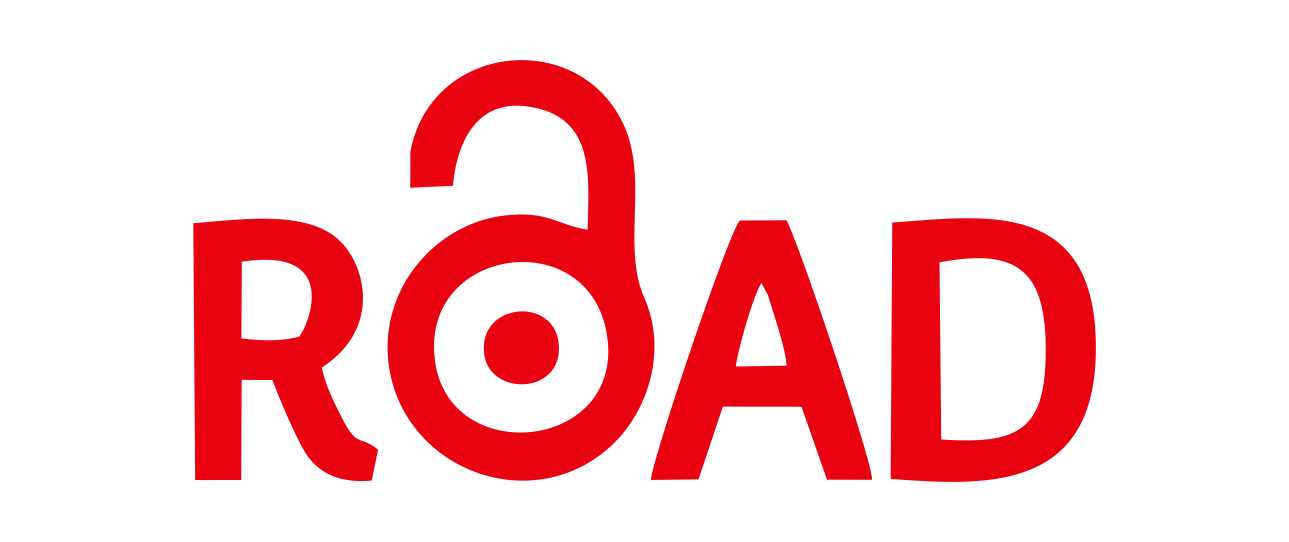Editorial Policies
Open Access:
All research published in the journal is freely available to all researchers (Open Access) on the journal’s official website. Articles can be accessed directly through their electronic links for downloading, copying, and distribution.
Peer Review Process:
EJFB follows a double-blind peer review process (where reviewers and authors remain anonymous to each other). All submissions are initially assessed by the editor to determine their suitability for the journal. Manuscripts deemed appropriate are then sent to at least two independent expert reviewers to evaluate their scientific quality. The editor is responsible for the final decision regarding acceptance or rejection of the articles. The editor’s decision is final. Editors do not participate in decisions about manuscripts they have authored themselves, or those written by family members, colleagues, or concerning products or services they are affiliated with. Such submissions are subject to all of the journal’s usual procedures, including peer review handled independently of the relevant editor and their research groups.
Copyright and Licensing:
All accepted papers will be published as Open Access on the journal’s website and made available via a direct electronic link for downloading, copying, and distribution. Articles are published under the terms of the Creative Commons Attribution 4.0 International License (CC BY 4.0), which permits unrestricted use, distribution, and reproduction in any medium, including adaptation or derivative works for commercial purposes, provided the original work is properly cited. Authors retain the copyright of their published papers.
Language:
Manuscripts must be written in either Arabic or clear English (either American or British English is acceptable, but not both in the same article). Authors who believe their English manuscript requires editing to correct grammar or spelling and align with scientific English standards may consider using English language editing services from certified publishers.
-
Note: The title, authors' names, abstract, and keywords must be provided in both Arabic and English.
-
References originally in non-Latin scripts must be transliterated into Roman characters.
Authorship Criteria:
Authors must ensure that all individuals who made substantial contributions to the submission are listed as authors, and conversely, that no one who did not contribute significantly is included as an author. Contributions from individuals who are not listed as authors should be acknowledged in a footnote or in the acknowledgments section. Authors are expected to carefully consider the list and order of authors before submitting their manuscript and to submit the final author list at the time of initial submission. Any changes to authorship (addition, deletion, or rearrangement) must be approved by the journal editor before manuscript acceptance and require the following from the corresponding author: (a) the reason for the change and (b) written confirmation (email or letter) from all authors that they agree to the change. If an author is added or removed, confirmation from the affected author is also required. After acceptance, changes in authorship are considered only under exceptional circumstances and may delay publication. If the manuscript is already published online, any approved changes will be reflected via a formal correction.
Originality and Citation Requirements:
-
Originality
-
Author Contribution Statement
-
Conflict of Interest Statement
-
Data Availability Statement
-
Funding Sources
-
Institutional Review Board and Ethical Approvals
-
-
Acknowledgments
-
Personal acknowledgments should follow institutional or agency acknowledgments (not including reviewers).
-
The funding agency (if applicable) that supported the work must be clearly acknowledged.
-
Data Access:
Data falsification (modifying or omitting data or methods to misrepresent findings) and fabrication (making up data or results) are forms of research misconduct that seriously compromise research integrity. Articles must be based on original data, and the use of falsified or fabricated data is strictly prohibited. EJFB follows COPE guidelines for handling such cases. Authors of clinical trials or randomized controlled trials are encouraged to retain their raw data. The journal reserves the right to request original data even after publication.
Confidentiality and Privacy:
The names and email addresses provided on the journal’s website will be used solely for the stated purposes of the journal and will not be made available for any other purpose or to any third party.
Gender Equality in Research:
The journal is committed to providing equal opportunities for both genders in publishing, reviewing, and compensation.
Use of Artificial Intelligence in Writing:
Authors may use a range of digital tools to assist in their research and academic writing, including reference management tools like Mendeley and Zotero, AI tools like ChatGPT (used for language editing and proofreading only, not for authorship), and coding/data science platforms like Jupyter Notebook, RStudio, Anaconda, and Google Dataset Search, as well as LaTeX or Overleaf for typesetting. Note: iThenticate is enhancing its tools to detect AI-generated content, and upgraded services will be available soon.
Human and Animal Studies:
Research involving human or animal subjects must comply with the principles of the Declaration of Helsinki.
Major Errors in Research:
If an author identifies a significant error or inaccuracy in their published work, they are obligated to promptly inform the journal editor or publisher and work with them to retract or correct the article. By submitting a manuscript, authors agree to adhere to EJFB’s editorial policies.
Allegations and Research Misconduct:
Anyone can report suspected unethical behavior or misconduct to the editorial board at any time, providing sufficient evidence for an investigation.
-
Email: ejfb@nahrainuniv.edu.iq
-
Phone: +9647749632901
Investigation:
The Editor-in-Chief consults with the editorial board to decide whether to initiate an investigation. All evidence is handled confidentially and only shared with those directly involved. The accused will always be given a chance to respond. Misconduct may be classified as minor or major.
-
Minor Misconduct:
Resolved directly with those involved, such as:-
Clarifying misunderstandings with authors/reviewers
-
Issuing a warning letter for minor infractions
-
-
Major Misconduct:
May result in the following actions (individually or in combination):-
Publishing a formal notice or editorial describing the misconduct
-
Informing the author’s department or employer
-
Retraction and formal apology to readers
-
Banning the involved individuals from publishing/reviewing/editing in the journal for 5 years
-
Referring the case to a professional organization or legal authority
-
COPE guidelines are followed in all misconduct investigations.
Archiving:
EJFB allows authors to archive the accepted version of their articles in institutional repositories, subject-specific non-commercial repositories, personal websites, academic networking platforms (e.g., ResearchGate, Academia.edu), or departmental websites at any time after acceptance. The full bibliographic citation of the published article (authors, title, journal name, volume, issue, pages) must be included, along with a direct DOI link to the original article.
All EJFB articles are also indexed in:
- Directory of Open Access Scholarly Resources (ROAD)
-
This archiving policy has been in effect since 2020.
Retractions and Corrections:
Articles may be retracted under the following circumstances:
-
Legal issues involving copyright or by request from the author or publisher
-
Ethical breaches such as duplicate submission, authorship fraud, plagiarism, data manipulation, or other scientific misconduct
Retractions are sometimes issued to correct publication errors rather than to penalize the author. The main purpose is to maintain the integrity of the scientific record. EJFB follows established international standards for retraction and implements the following procedures: -
A retraction notice is published in the electronic version with a link to the original article
-
The original article's page includes a link to the retraction notice, clearly stating it has been retracted
-
The original article remains unchanged except for a watermark on the PDF indicating “Retracted” on every page
Revenue and Funding Sources:
The journal is self-funded through the collection of publication fees.
Advertisements:
The journal accepts advertisements from all institutions as a source of funding but assumes no responsibility for the content of the advertisements.









